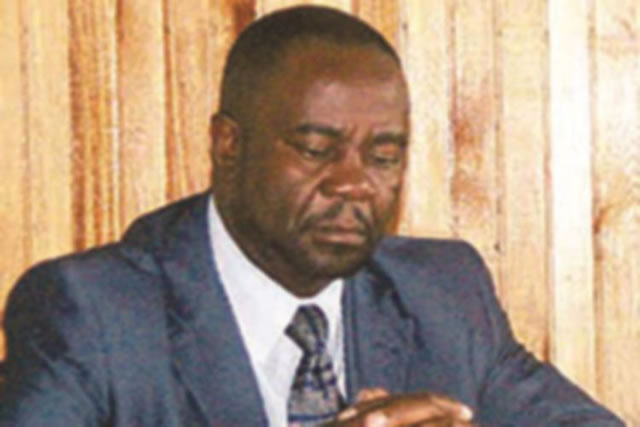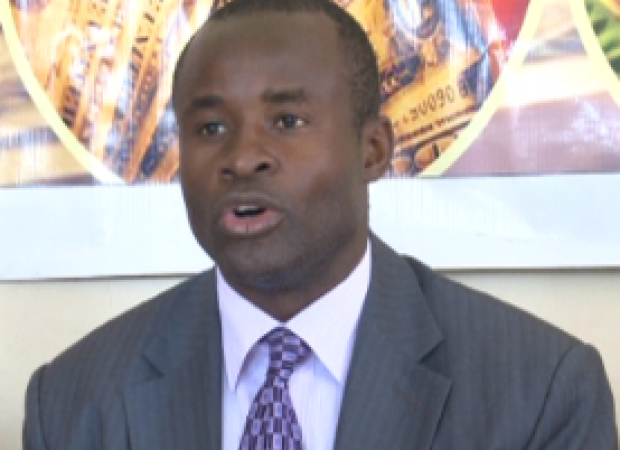Editorial Comment: Graft: Deep surgery needed

 The rot in parastatals and local authorities has been going on unabated for quite long, and it is overdue that Cabinet ministers seriously introspect in the way Government business is executed.A lot of nasty and corrupt activities have been exposed in the media relating to the operations of Government institutions.
The rot in parastatals and local authorities has been going on unabated for quite long, and it is overdue that Cabinet ministers seriously introspect in the way Government business is executed.A lot of nasty and corrupt activities have been exposed in the media relating to the operations of Government institutions.
In this respect, the public have been following the exposures with keen interest — somewhat to see whether the zanu-pf Government will walk the talk on graft.
We would want to applaud President Mugabe for taking the lead in condemning corruption, indicating very clearly that anyone found on the wrong side of the law will face the music.
As the leader of the State and Government, it becomes imperative for all of those who serve under him to take up the clarion call and ensure, in their various circles, that corruption is not tolerated and all guilty parties are brought to book.
More so, the guilty should pay restitution.
It is in this same vein that we should commend Information, Media and Broadcasting Services Minister Professor Jonathan Moyo, and his Higher and Tertiary Education, Science and Technology counterpart Dr Olivia Muchena for taking a cue from the President.
The two ministers have become torch-bearers in fighting graft in institutions they superintend.
Prof Moyo was the first to set the anti-corruption train in motion by impugning officials who were allegedly enriching themselves, while Dr Muchena swiftly appointed a taskforce to investigate alleged corruption at the Higher Education Examinations Council.
A lot of unprofessional conduct in many Government institutions has been reported in the media and by now we expected many ministries to have instituted investigations, made some discoveries and recommended appropriate action.
The public is also disturbed by the deafening silence by special police teams and the Zimbabwe Anti-Corruption Commission and other arms of the State mandated to institute such investigations.
Surely there is enough expertise in Zimbabwe to investigate even the most intricate cases of graft and action should be taken.
The minimal movement from Government following revelations of corruption seems to suggest that the media are whistling in the wind and they may as well shut up.
We call upon politicians and the executive not to take people for granted.
What comes to the mind of the voter who earns less than US$300 monthly when he/she hears that someone else is taking home hundreds of thousands?
What does the ratepayer who has to contend with shoddy services think when he/she reads that municipal officials are taking home mega-salaries and fat perks?
Former Reserve Bank of Zimbabwe Governor Dr Gideon Gono once described parastatals and local authorities as missing links in the country’s endeavours to turn around the economy.
These institutions are still dogged by poor service delivery, corruption, inefficiency, failure to refurbish infrastructure, bloated staff, and asset stripping, yet managers are still paid handsomely.
Are the responsible ministers not seeing this?
Perhaps Government should simply ask all parastatal heads to step down and re-apply for the jobs along with other interested members of the public and then the best man/woman can be appointed to the job.
There are many people in Zimbabwe who have the expertise in running public organisations without having to rely on political patronage to secure office.
These people should be given the opportunity to head parastatals and other State-linked enterprises because many in the current crop of leaders have evidently failed and are only concerned with feathering their already plush nests.
Dealing with corruption requires bold action, and Prof Moyo and Dr Muchena have already shown that such bold action can be taken.
Nothing short of deep surgery that reaches into the marrow can cleanse the rot.









Comments